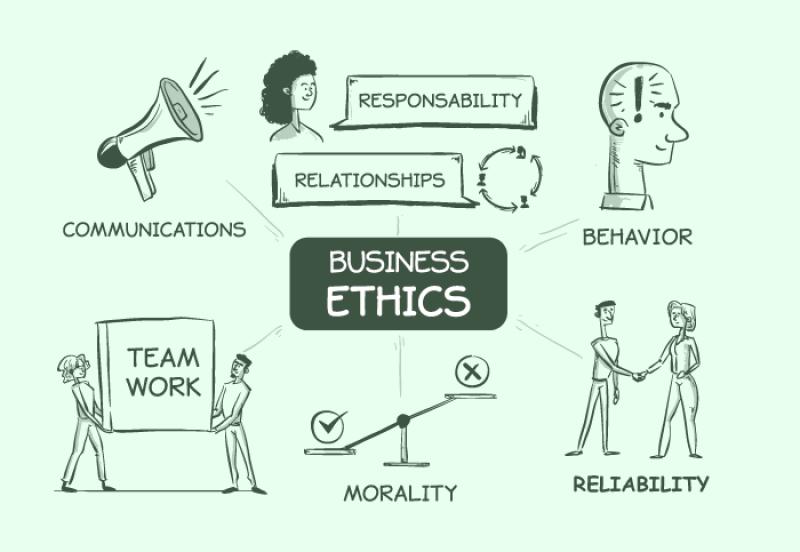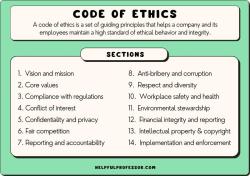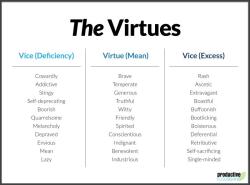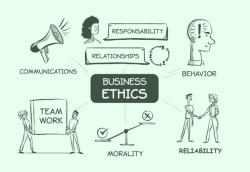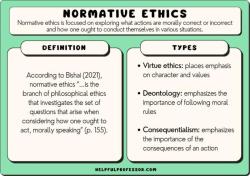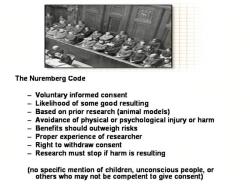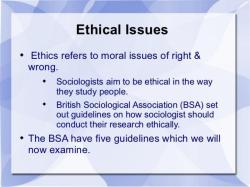What is meant by workplace ethics?
Workplace ethics refers to a set of moral principles, values, and standards of behavior that guide the conduct of individuals and organizations in the workplace. It involves making ethical decisions and behaving in a manner that is consistent with accepted standards of right and wrong within the context of employment. Workplace ethics encompass a wide range of issues, including honesty, integrity, respect, responsibility, fairness, and professionalism.
Key components of workplace ethics include:
Honesty and Integrity:
- Being truthful and straightforward in all interactions.
- Avoiding deception, fraud, and misrepresentation.
- Upholding a high standard of personal and professional integrity.
Respect:
- Treating colleagues, superiors, subordinates, and clients with respect and dignity.
- Valuing diversity and promoting an inclusive work environment.
- Avoiding discriminatory or prejudiced behavior.
Responsibility:
- Taking responsibility for one's actions and decisions.
- Fulfilling job duties and obligations with diligence.
- Acknowledging mistakes and working to correct them.
Fairness:
- Ensuring fair and equitable treatment for all employees.
- Avoiding favoritism or bias in decision-making.
- Promoting a just and unbiased workplace culture.
Professionalism:
- Adhering to professional standards and codes of conduct.
- Maintaining a positive and constructive attitude in the workplace.
- Upholding the reputation of the organization and the profession.
Confidentiality:
- Respecting the confidentiality of sensitive information.
- Safeguarding proprietary information and trade secrets.
- Avoiding unauthorized disclosure of confidential data.
Compliance with Laws and Regulations:
- Abiding by local, national, and international laws and regulations.
- Ensuring that workplace practices align with legal requirements.
- Reporting any unethical or illegal activities.
Conflict of Interest:
- Avoiding situations where personal interests conflict with professional duties.
- Disclosing potential conflicts of interest to relevant parties.
- Making decisions that prioritize the interests of the organization.
Environmental Responsibility:
- Considering the environmental impact of workplace practices.
- Promoting sustainable and environmentally friendly practices.
- Complying with environmental laws and regulations.
Whistleblowing:
- Encouraging a culture that supports the reporting of unethical behavior.
- Protecting employees who raise concerns about unethical practices.
- Investigating and addressing reported ethical violations.
Workplace ethics are crucial for fostering a positive organizational culture, building trust among employees, and maintaining the reputation of the organization. Organizations often establish a code of ethics or a set of guiding principles to communicate their expectations regarding ethical behavior. Additionally, training programs and ongoing communication efforts help reinforce ethical standards and ensure that employees understand their role in upholding workplace ethics.
Delving into the Compass of Workplace Ethics:
1. Definition and Components:
Workplace ethics encompass the moral principles and values that guide behavior within an organization. They establish standards for how employees, employers, and stakeholders interact with each other, customers, and the world at large. Key components include:
- Honesty and integrity: Truthfulness, fairness, and adherence to promises.
- Respect and dignity: Treating everyone with courtesy, valuing diversity, and avoiding discrimination.
- Accountability and responsibility: Taking ownership of actions, fulfilling commitments, and acknowledging mistakes.
- Confidentiality and privacy: Protecting sensitive information and respecting personal boundaries.
- Professionalism and competence: Upholding high standards of conduct, maintaining appropriate attire, and delivering quality work.
- Compliance with laws and regulations: Adhering to legal frameworks and industry standards relevant to the organization's operations.
2. Establishing and Maintaining Ethics:
Organizations foster ethical workplace cultures through various avenues:
- Company codes of conduct: Explicitly outlining expected behaviors and ethical standards, often accompanied by training and awareness programs.
- Leadership by example: Leaders demonstrate ethical conduct through their own actions and decision-making, setting a positive tone for the entire organization.
- Open communication and reporting mechanisms: Encouraging employees to voice concerns about unethical behavior without fear of retaliation.
- Fair and transparent policies: Establishing clear policies on issues like conflicts of interest, whistle-blowing, and harassment, ensuring consistent and just application.
- Rewarding ethical behavior: Recognizing and promoting individuals who exemplify ethical conduct, reinforcing positive values within the organization.
3. Role in Organizational Culture:
Strong workplace ethics serve as the foundation for a positive and productive organizational culture. They:
- Boost employee morale and engagement: When employees feel respected and valued, they are more likely to be motivated and engaged in their work.
- Promote trust and cooperation: Ethical behavior fosters trust and respect between colleagues, leading to better collaboration and teamwork.
- Enhance reputation and brand image: Being known for ethical practices attracts talent, customers, and investors, strengthening the organization's reputation.
- Reduce legal and financial risks: Ethical behavior helps organizations avoid legal trouble, fines, and reputational damage associated with unethical conduct.
- Contribute to societal well-being: Organizations adhering to ethical principles contribute to a fairer and more sustainable society.
4. Examples Illustrating Importance:
- Protecting confidential information: A healthcare worker refusing to share patient data with unauthorized individuals protects privacy and upholds ethical standards.
- Reporting financial misconduct: An employee speaking up about illegal financial practices within their company demonstrates courage and commitment to ethics.
- Refusing to compromise quality: An engineer prioritizing safety standards over production deadlines ensures product integrity and protects consumer well-being.
- Treating colleagues with respect: A manager promoting diversity and inclusion in the workplace fosters a more equitable and productive environment.
5. Impact on Employee Behavior and Performance:
Strong workplace ethics positively influence employee behavior and performance:
- Increased job satisfaction and loyalty: Employees feel valued in an ethical environment, leading to higher job satisfaction and reduced turnover.
- Improved decision-making and problem-solving: Having a clear ethical framework guides employee choices and promotes responsible decision-making.
- Enhanced collaboration and cooperation: Trust and respect built on ethical principles facilitate better teamwork and communication.
- Boosted productivity and quality of work: Employees motivated by a strong ethical culture are more likely to be productive and deliver high-quality work.
Workplace ethics are not just principles on paper; they are the lifeblood of a thriving organization. By integrating ethics into their core values and practices, organizations can cultivate a positive work environment, attract and retain talented individuals, and achieve sustainable success.
